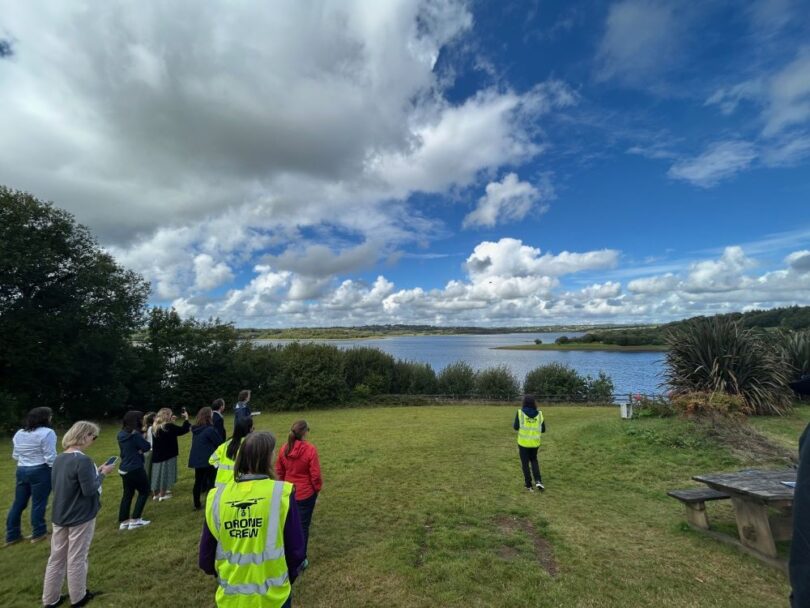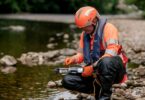South West Water has announced the launch of the PEDAL project, an innovative initiative designed to predict and manage harmful algal blooms (HABs) before they occur. The £2 million research partnership brings together the University of Exeter, Plymouth Marine Laboratory, South West Lakes Trust and other industry collaborators to tackle one of the UK’s growing environmental challenges.
Harmful algal blooms occur naturally when algae multiply rapidly in reservoirs, lakes, and rivers, affecting water quality and ecosystems. They make water treatment more difficult, harm fish and wildlife, and restrict recreational use. With rising pollution levels and climate change increasing their frequency, early detection and management have become critical for the water sector.
Over the next three years, the PEDAL project will develop the UK’s first advanced digital twin system for HABs. This will combine satellite data, drone imagery, in-situ sensors, laboratory testing, and local community input through citizen science to build an early warning and forecasting platform. By using artificial intelligence and advanced modelling, the system will enable water companies to predict and mitigate blooms before they develop.
The project builds upon South West Water’s partnership with the University of Exeter through the Centre for Resilience in Environment, Water and Waste (CREWW), and is supported by the Ofwat Innovation Fund. Together, the partners aim to deliver new digital tools that reduce operational costs, enhance water quality, and strengthen ecosystem protection across the UK.
Andrew Pennington, Innovation Programme and Partnerships Manager at South West Water, said:
We’re incredibly excited to get the PEDAL project up and running. This marks the beginning of an ambitious three-year journey to bring together science, technology, and community knowledge to tackle harmful algal blooms. The enthusiasm and collaboration we’ve already seen from our partners and researchers is inspiring, and we can’t wait to turn this vision into a real-world solution.
Dr Diego Panici, Principal Investigator for PEDAL at the University of Exeter, added:
By combining satellites, drones, in-water sensors, numerical models, and artificial intelligence, we will be able to predict when and where blooms are likely to occur. This means moving from reacting after the fact to anticipating problems before they happen, protecting water supplies, ecosystems, and communities.
The PEDAL project represents a major step forward in the use of data-driven science and cross-sector innovation to enhance the resilience of the UK’s water systems and the health of its natural environments.








